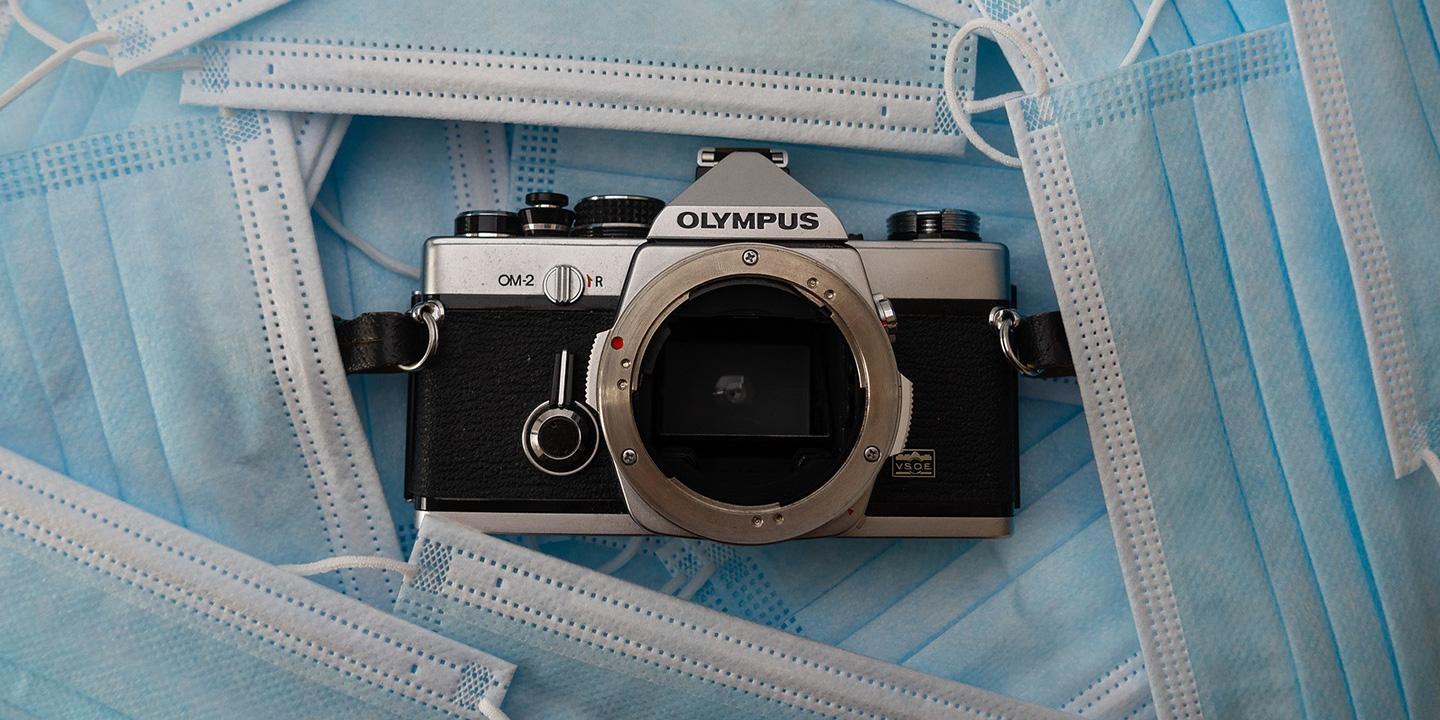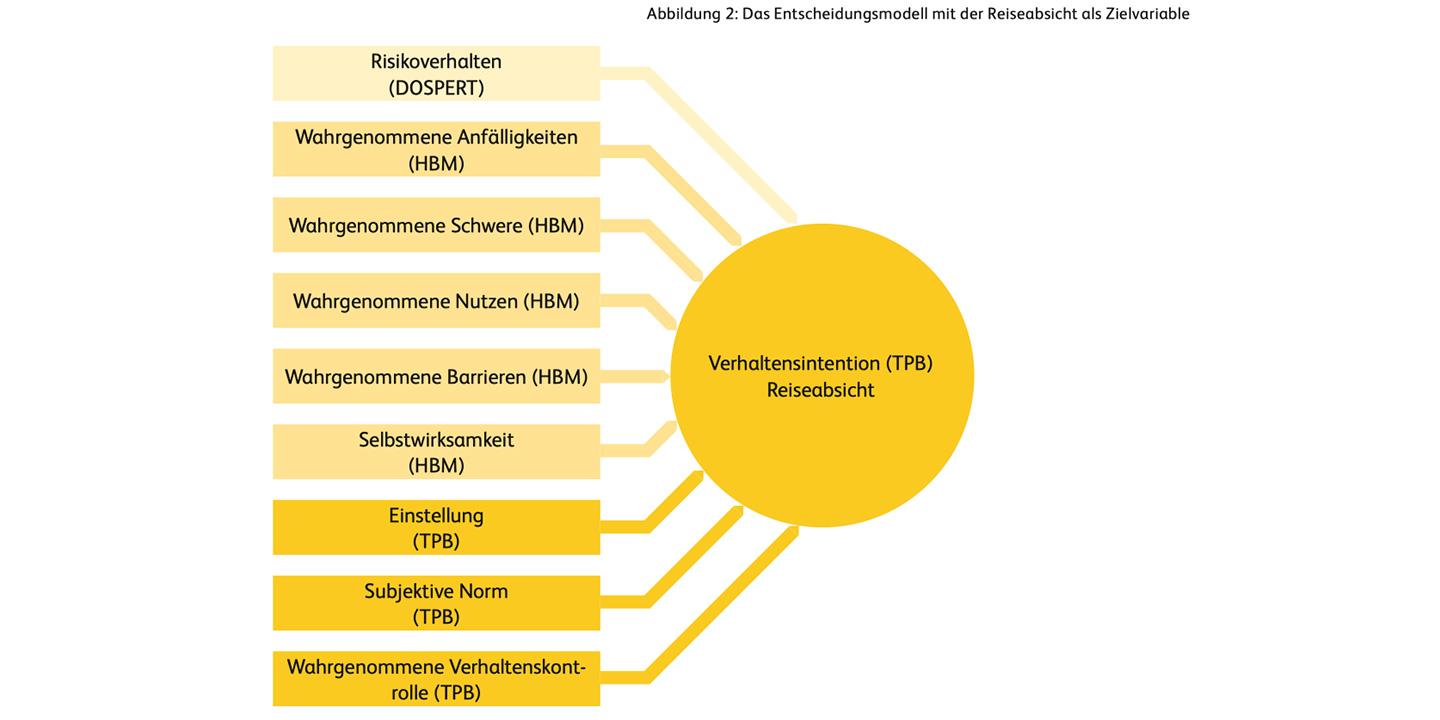Travel during the pandemic: infection prevention measures

Timo Ohnmacht and his team talk to representatives of the tourism industry about measures for safe travel and the revitalisation of tourism.
The Covid-19 pandemic has had a major impact on travel behaviour both within Switzerland and internationally. Timo Ohnmacht and his research team from Lucerne University of Applied Sciences and Arts took a closer look at this issue. They developed a social psychological model for the Swiss population that examined their willingness to travel as well as their acceptance of measures during a pandemic.
The model was validated through a survey of 1683 Swiss residents, with appropriate age, gender and language-region representation. Among other things, the study showed that the intention to travel is most strongly influenced by one's own perceived susceptibility to contracting the virus. In second place came the individual's assessment of the effectiveness of the measures put in place. Acceptance of the measures, in turn, is most strongly influenced by the individual's own attitude. This underlines the importance of information campaigns to raise awareness of the reasons for introducing protection concepts and measures.
Based on the research results, the research team organised a workshop with representatives of Swiss tourism in October 2021. Participants discussed imaginary case studies of how different people respond to measures and how best to address their needs and concerns. New ideas were also discussed, such as an app that meters queuing and can thus prevent large crowds, or a traffic light system that displays the current number of visitors online. Arguments connecting the developed measures with the empirical research results were presented. This workshop was hosted as part of the NRP 78 implementation project.

Until recently, behaviour and decision-making were mainly influenced by the travellers' age, gender and stage in life. The pandemic has brought with it additional new factors such as the risk of exposure to the virus and acceptance of protective measures. Given the great importance of tourism for the economy, knowledge transfer between researchers and the industry is crucial. The findings from the workshop will now be taken into account for the development of measures to boost tourism as quickly as possible and provide people with a safe travel experience. Two scientific articles have also already been submitted to well-known tourism journals.
